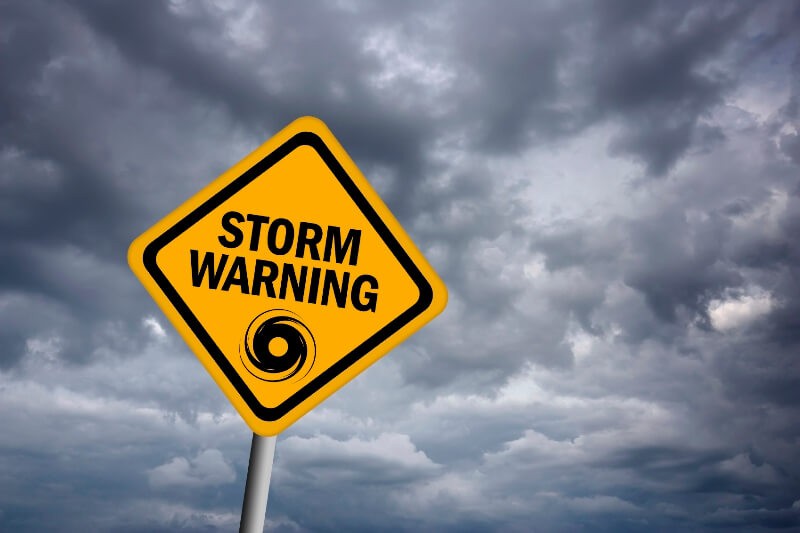Think with a little less head and a little more heart
It’s a fundamental rule of crisis management: Think with a little less head and a little more heart. That’s a concept BP’s CEO Tony Hayward should have embraced. Instead, since the oil spill began in the Gulf of Mexico, Hayward has been criticized for a growing list of public gaffes in handling one of the worst environmental disasters in history.
Hayward’s leadership failure started with his delay during the initial weeks of the spill to address the severity of the problem. He even played down the crisis:
The Gulf of Mexico is a very big ocean. The amount of volume of oil and dispersant we are putting into it is tiny in relation to the total water volume”
I think the environmental impact of this disaster is likely to have been very, very modest.”
Hayward’s inability to be transparent from the start of the crisis roiled the public’s frustrations. In the early days of the spill, BP failed to present a specific plan on how the problem would be handled.
One of Hayward’s most serious mistakes was saying:
I’d like my life back
on camera. He was standing on the Gulf Coast when he made the statement. It’s a region that has suffered the deaths of 11 rig workers and an emotional toll unmatched since Hurricane Katrina obliterated communities five years ago. He would have done better and come out better if he had just empathized with all the folks in the Gulf region on how sorry he was. The five-word remark sent a detached, insensitive message to the public and inhabitants on the Gulf Coast. The words made many families feel that Hayward and BP simply didn’t care.
And than his lackluster appearance in june 2010 before the U.S. Congress. Hayward testified, “I wasn’t part of the decision-making process in this well”.
And while fishermen in the Gulf lamented over the loss of their livelihoods, Hayward was photographed at a yachting race.
Dealing with a crisis has totally changed because of social media
One of the basic rules for managing an emergency is constant communication with the public. Without building a relationship with the community, companies like BP face the danger of an information vacuum that becomes filled with assumptions, predictions and rumors, concocted by the public, that may be untrue.
In the world of social media, where news is viral, a statement – whether true or false – can tarnish a company’s credibility. Dealing with a crisis has totally changed because of social media but apparently BP didn’t understand this point, as it did not have a strategic plan on how to defend its response to the oil spill on social media. And BP have been under heavy social media attack:
- Greenpeace shut down every BP petrol station in London, putting up signs saying: “Closed. Moving beyond petroleum”
- Greenpeace, initiated a “Rebrand the BP Logo” contest. Greenpeace asked its supporters to “ . . . create a logo for BP which shows that the company is not ‘beyond petroleum’ – they’re up to their necks in tar sands and deepwater drilling.”
- A Facebook group called “Boycott BP,” it’s urging a worldwide boycott of all BP brands and services, has drawn more than 848.000 fans.
- YouTube users are uploading a steady stream of videos – about the oil spill – that use humor to express their anger about BP
- An anonymously managed Twitter account – BP Public Relations (@BPGlobalPR) – that makes glib comments, purportedly on BP’s behalf, with 189.000 followers
- The Black Oil Firefox plugin that aims to black out all mentions of BP (British Petroleum) across the web
- Flash mob attack against the BP station on Houston and Lafayette in New York City.
- And the Lady GAGA remake song “Big Oilmance”
Social media is a powerful crisis management tool, but make sure to have a social media risk management plan before the crisis occurs.
Short URL & Title:
Companies in crisis need to build trust with the public — http://www.torbenrick.eu/t/r/chn
Share it:
If you enjoyed this article, please take 5 seconds to share it on your social network. Thanks!







About The Author
Torben Rick
Experienced senior executive, both at a strategic and operational level, with strong track record in developing, driving and managing business improvement, development and change management. International experience from management positions in Denmark, Germany, Switzerland and United Kingdom